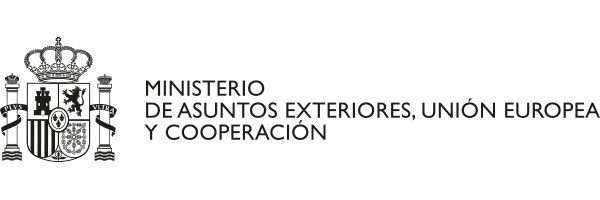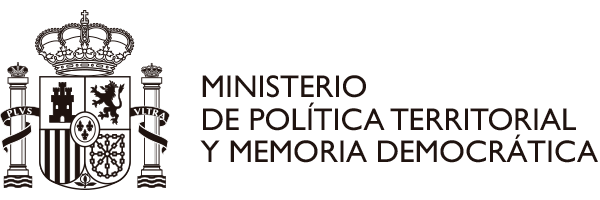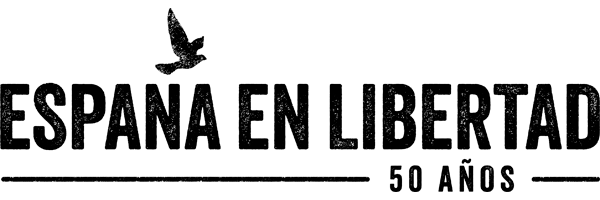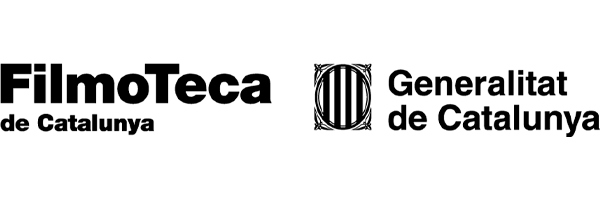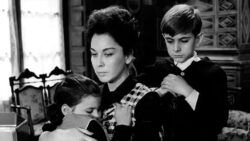
De Cinema x MoMu x EUROPALIA: La tía Tula
Following RESOLUCIÓN, De Cinema and EUROPALIA ESPAÑA present seven remarkable films from Spain. Each film revolves around a single colour. Each colour reveals something about womanhood and the era in which the film was made.
Visitor information
Tickets
When
, from toFor whom
Everyone
Languages
English & SpanishPricing
- €9: Regular rate De Cinema
- €6.5: Reduced rate De Cinema
- Free: Multipass or annual pass De Cinema
Following the audiovisual installation RESOLUCIÓN: On lifetime decisions in Spanish cinema, De Cinema and EUROPALIA present a film cycle of the same name, featuring seven remarkable films from Spain, the guest country of EUROPALIA 2025. Each film revolves around a single colour. Each colour reveals something about womanhood and the era in which the film was made. Black and white refer to invisibility and neutrality, sometimes chosen as a refuge or survival strategy during the years of the Spanish dictatorship.

La tía Tula (1964, Miguel Picazo)
Upon the death of her sister Rosa, Tula receives her brother-in-law Ramiro into her home. The coexistence between the modest and religious Tula and Ramiro is initially fraught with tension and friction, but gradually Ramiro becomes attracted to his sister-in-law.
This is, without doubt, one of the sharpest portraits of the mediocrity and repression experienced in Spanish provinces during Franco’s regime. It is one of the most faithful adaptations of an essential author like Miguel de Unamuno; written in 1907 but adapted almost 60 years later, it reminded us that Spain had not changed much and would take many years to do so.
This timid, religious, hypocritical, and above all repressed Spain gave rise to numerous films starring women victims of this oppression: Cielo negro (Manuel Mur Oti, 1951), Surcos (José Antonio Nieves Conde, 1951), El mundo sigue (Fernando Fernán Gómez, 1965)... all present in the video installation RESOLUCIÓN: On lifetime decisions in Spanish cinema.






